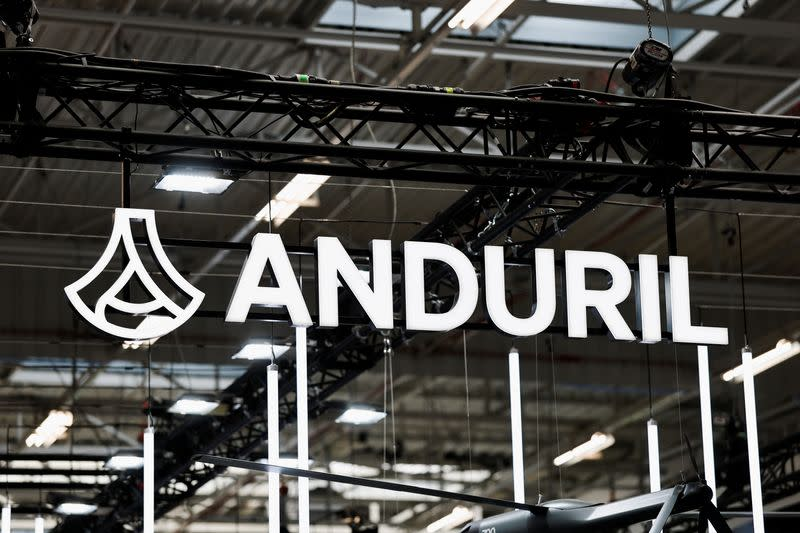
SoftBank Stakes in Nvidia, TSMC Show Son’s Focus on AI Gear
Key Points
- SoftBank's AI Focus: SoftBank Group Corp., led by Masayoshi Son, is intensifying its investment in AI infrastructure by increasing stakes in Nvidia Corp. (to $3 billion) and Taiwan Semiconductor Manufacturing Co. (TSMC, $330 million), alongside Oracle Corp. ($170 million).**
- Vision Fund Monetization: The Vision Fund has liquidated nearly $2 billion in assets in the first half of 2025, prioritizing returns without immediate pressure from SoftBank to sell further holdings.**
- Arm Holdings Strategy: SoftBank is building a portfolio around Arm Holdings Plc, aiming to position itself centrally in AI semiconductor technology without direct manufacturing.**
- Ambitious AI Projects: Son is driving major AI initiatives, including a $500 billion Stargate data center with OpenAI and Oracle, and a proposed $1 trillion AI manufacturing hub in Arizona with TSMC.**
- Market Performance: SoftBank benefits from Nvidia’s 90% and TSMC’s 40% market value gains since April, though it trades at a 40% discount to its asset value, with a market cap of $118 billion compared to Nvidia’s $4.4 trillion.**
Summary
SoftBank Group Corp., under Masayoshi Son, is aggressively pivoting toward AI infrastructure, significantly increasing its stakes in Nvidia Corp. ($3 billion) and Taiwan Semiconductor Manufacturing Co. ($330 million) as of March 2025. This reflects Son’s strategy to capitalize on AI’s growth, centered around Arm Holdings Plc, while building partnerships like the $500 billion Stargate data center with OpenAI and a potential $1 trillion AI hub in Arizona. Despite monetizing $2 billion in Vision Fund assets, SoftBank faces no urgent need to sell further. The company’s stock, trading at a 40% discount to its $175 billion net asset value, has hit record highs, buoyed by Nvidia’s 90% and TSMC’s 40% market gains. However, Son remains unsatisfied, aiming to leapfrog AI leaders through ambitious US projects and leveraging political ties, even as deals like the $6.5 billion Ampere acquisition face scrutiny. SoftBank’s market cap of $118 billion pales against Nvidia’s $4.4 trillion, underscoring the gap Son seeks to close in the AI race.
yahoo
August 5, 2025
Stocks


